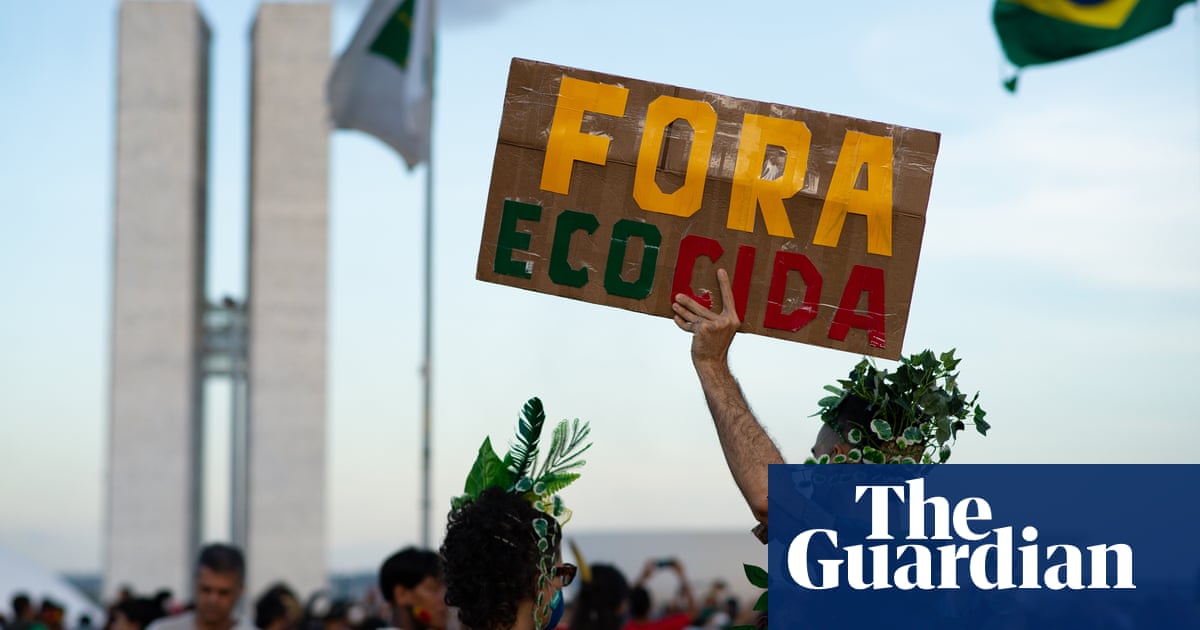
At least 10 women and girls are murdered every day in Mexico, according to a new report that says victims’ families are often left to carry out their own homicide investigations.
The scathing report, released on Monday by Amnesty International, documents both the scale of the violence and the disturbing lack of interest on the part of Mexican authorities to prevent or solve the murders.
“Mexico is continuing to fail to fulfil its duty to investigate and, therefore, its duty to guarantee the rights to life and personal integrity of the victims as well as to prevent violence against women,” says the report, Justice on Trial.
“Feminicidal violence and the failings in investigation and prevention in northern Mexico are not anecdotal, but rather form part of a broader reality in the country,” the report adds.
Femicide has been rife in Mexico for decades – most notoriously in an epidemic of murders which claimed the life of some 400 women in the border city Ciudad Juárez during the 1990s. In recent years, a growing feminist movement has held massive street protests against the violence, but authorities have proved unwilling to take action to stop the killing.
“It’s always a question of political will,” said Maricruz Ocampo, a women’s activist in the state of Querétaro.
Ocampo has been part of teams lobbying state governors to issue an alert when femicides reach scandalously high levels – a move to raise awareness and mobilise resources. But officials often resist such moves, she said, as governors worry about their states’ images and investment.
“They refuse to recognise there is a problem,” she said.
The president, Andrés Manuel López Obrador, has also downplayed the problem. He branded the women protesting on 8 March, International Women’s Day, as “conservatives” and alleged a dark hand manipulating the demonstrations.
When asked last year about rising violence against women, he responded, “Tell all the women of Mexico that they are protected and represented, that we’re doing everything possible to guarantee peace and quiet and that I understand that our adversaries are looking for ways to confront us.”
Mexico recorded the murders of 3,723 women in 2020. Some 940 of those murders were investigated as femicides.
The Amnesty report focused on Mexico state, a vast collection of gritty suburbs surrounding Mexico City on three sides. It has become notorious for femicides over the past decade – and for the way the former president, Enrique Peña Nieto, a former Mexico state governor, ignored the problem.
The report found cases of families carrying out their own detective work, which were ignored by investigators. In many cases, authorities contaminated crime scenes or mishandled evidence. They often did not even pursue leads such as geolocation information from victims’ mobile phones.
In the case of Julia Sosa, whose children believe she was killed by her partner, two daughters found her body buried on the suspect’s property – but had to wait hours for police to arrive and process the crime scene. One of her daughters recalled the subsequent interview process, in which “the police officer was falling asleep”.
Sosa’s partner hanged himself, prompting police to close the case, even though family members said there were more leads to pursue.
In states rife with drug cartel violence, activists say cases of femicides go uninvestigated as impunity is commonplace.
“The authorities say it’s organised crime and that’s it,” said Yolotzin Jaimes, a women’s rights campaigner in the southern state of Guerrero. “Many of these aggressors find protection under the excuse of organised crime.”
The persistence of femicides is a stark contrast to recent gains by the women’s movement in Mexico. The country’s supreme court decriminalised abortion earlier this month. A new congress recently sworn in has gender parity and seven female governors will be installed by the end of year – up from just two before last June’s election’s
The decriminalisation of abortion “let off some steam” from the pressure driving the protests “because part of the demands was over the right to choose,” Ocampo said. “But when it comes to violence, we still see it everywhere.”











